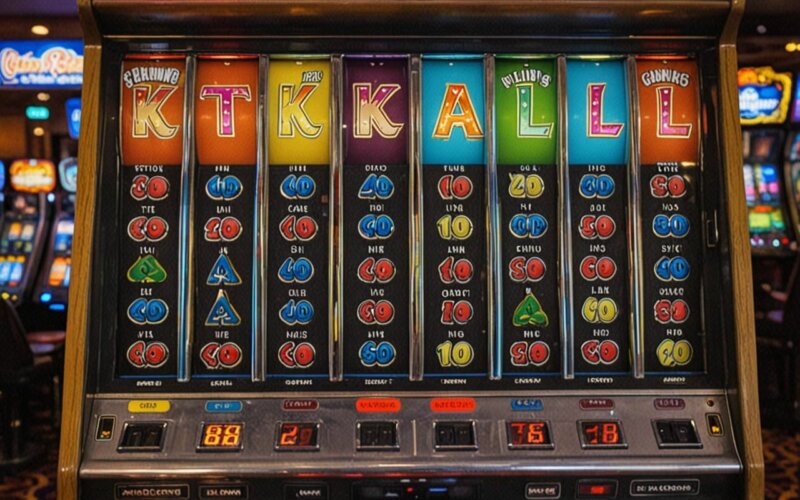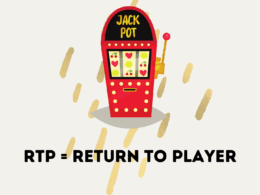Key Takeaways:
- Pennsylvania's highest court is set to decide the legal status of "skill games."
- The outcome could significantly impact the state's gambling landscape and budget discussions.
- The decision will affect the legality and potential regulation or ban of these machines.
In the bustling bars, convenience stores, and social spaces of Pennsylvania, a legal battle brews that could reshape the landscape of gambling and entertainment. At the heart of the controversy are electronic game terminals, known colloquially as "skill games," whose fate now rests in the hands of the state Supreme Court. This legal showdown isn't just about whether these machines will continue to light up local establishments; it's a pivotal moment that could redefine gambling regulations, tax revenues, and the very nature of game-playing in the Keystone State.
The Crux of the Controversy
For years, Pennsylvania has grappled with the proliferation of these cash-paying electronic terminals. Unlike traditional slot machines that rely solely on chance, these games are said to involve an element of skill, such as memory or puzzle-solving. This distinction is crucial, as it places the machines in a murky legal area between regulated gambling and lawful entertainment.
The state's attorney general's office has long maintained that these are unlicensed gambling devices, operating outside the law and subject to seizure. On the flip side, machine manufacturers, distributors, and retailers argue that the games are legal, albeit unregulated, and shouldn't be subject to the same controls as casino gambling.
The Supreme Court's decision to weigh in comes at a critical time. Lawmakers are in the throes of budget negotiations, with discussions on regulating and taxing the devices on the table. The outcome could have far-reaching implications for state revenue and the legal landscape of gaming.
A Tale of Taxes, Technology, and Tension
The debate extends beyond legal semantics and into the realm of economic impact. The Pennsylvania Lottery and the state's casino industry are among the most vocal opponents of skill games, citing significant revenue losses to these unregulated competitors. Casinos, burdened with a 54% tax on slot machine revenue, view the tax-free operation of skill games as an unfair advantage.
Estimates suggest there are at least 67,000 skill game terminals throughout Pennsylvania, a testament to their popularity and the stakes involved in the court's decision. This figure underscores the challenge of regulation and the potential for significant tax revenue, should the state decide to bring these machines under its gambling laws.
What Lies Ahead
The Supreme Court's decision will hinge on whether these machines can be classified as illegal gambling devices based on their "skill" element. This determination will not only affect the immediate legal status of the machines but also set a precedent for how similar games are treated in the future.
As the legal battle unfolds, businesses that rely on these machines are watching closely. For many bars and convenience stores, skill games have become a financial lifeline, especially in the wake of the pandemic's economic impact.
A Decision with Broad Implications
The resolution of this case will resonate far beyond the borders of Pennsylvania, setting a legal and regulatory precedent for how skill-based gaming is approached nationwide. As the state Supreme Court prepares to make its decision, all eyes are on Pennsylvania, a battleground state in the evolving narrative of what constitutes gambling in the digital age.
With legislation pending and the industry lobbying for regulation, the outcome of this legal skirmish could redefine the landscape of entertainment, regulation, and revenue generation in Pennsylvania and beyond. The stakes are high, and the decision is poised to send ripples through the state's economic, legal, and social fabric, marking a pivotal chapter in the ongoing debate over the future of gaming.









